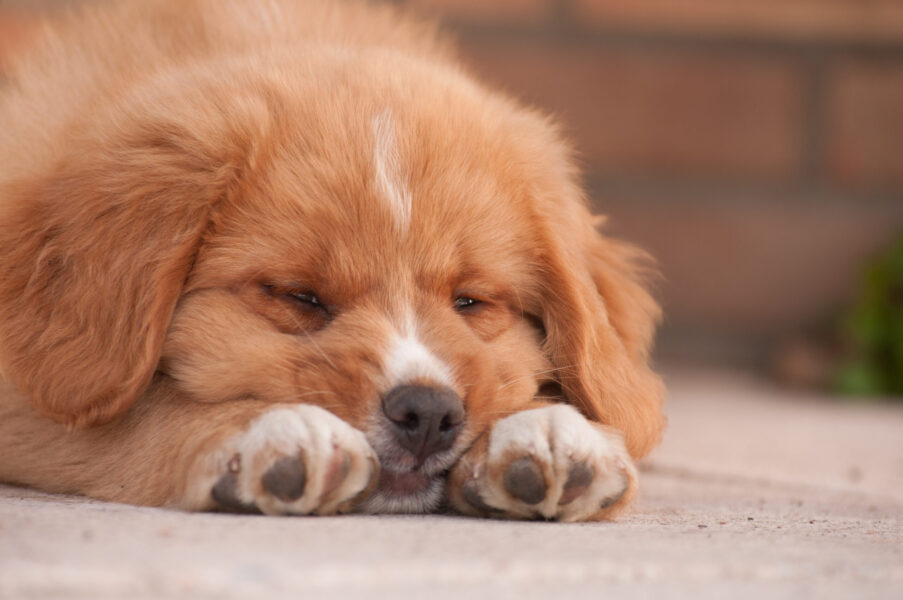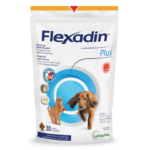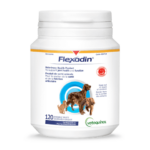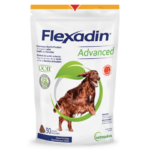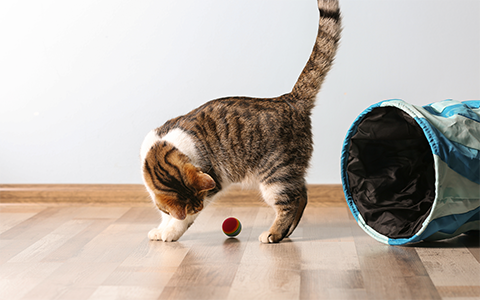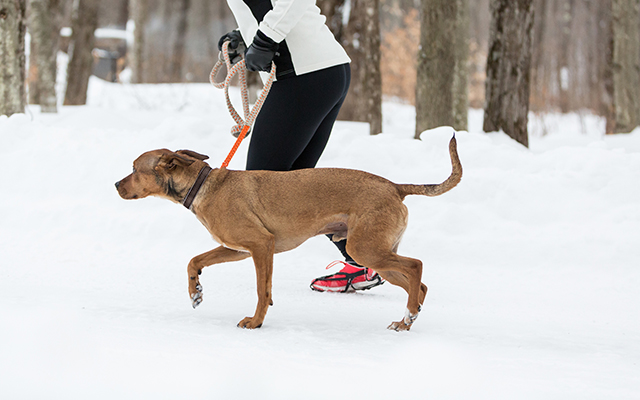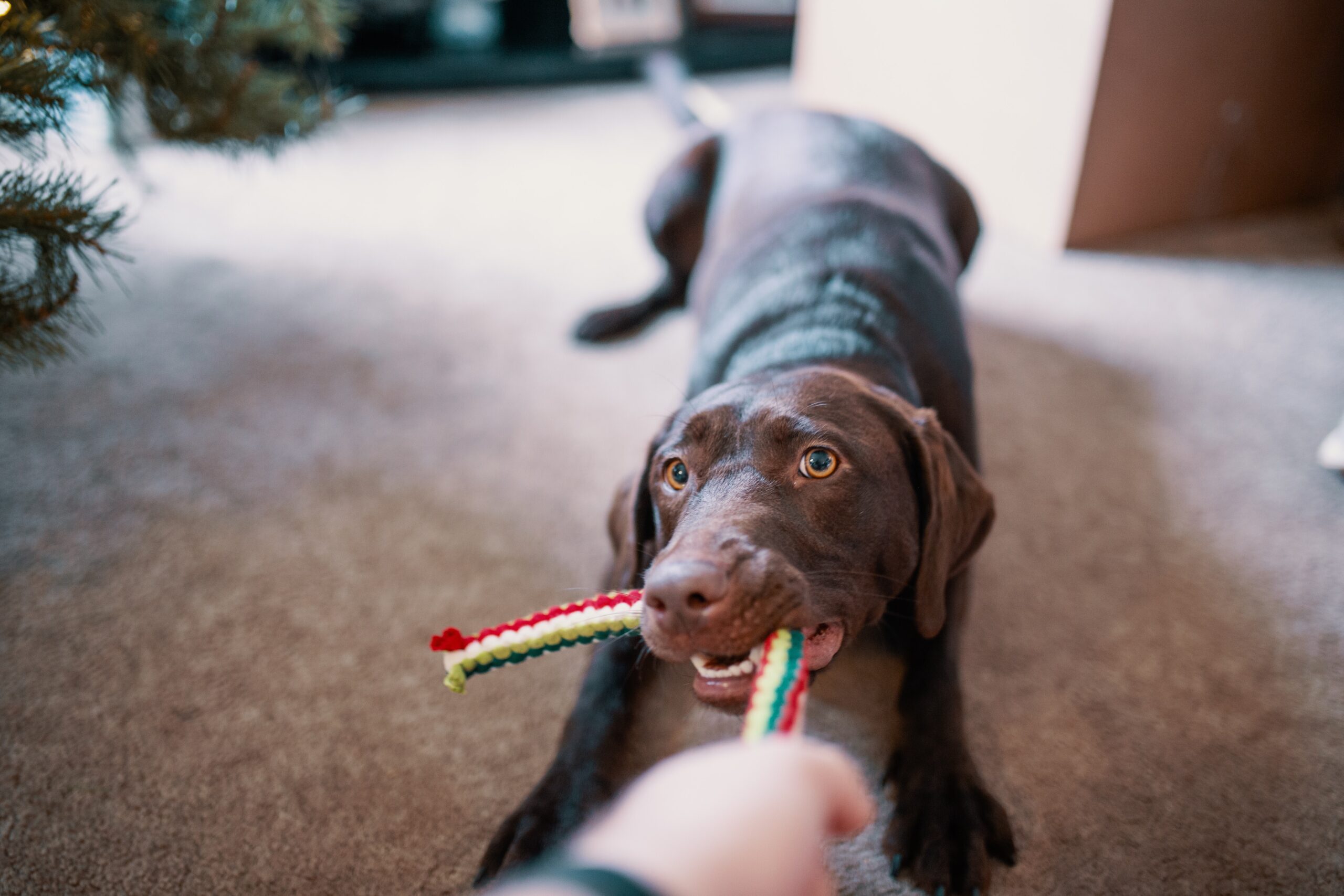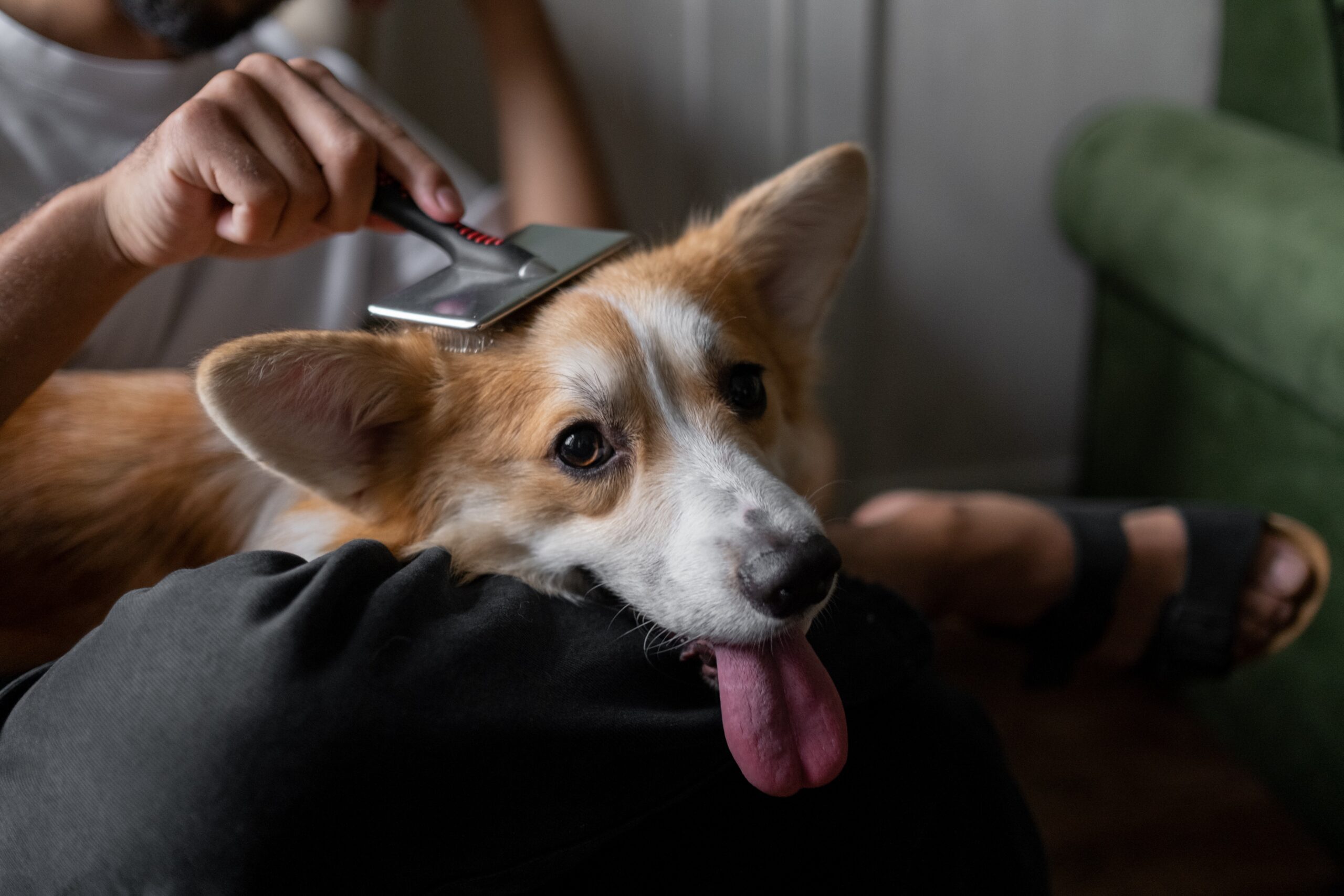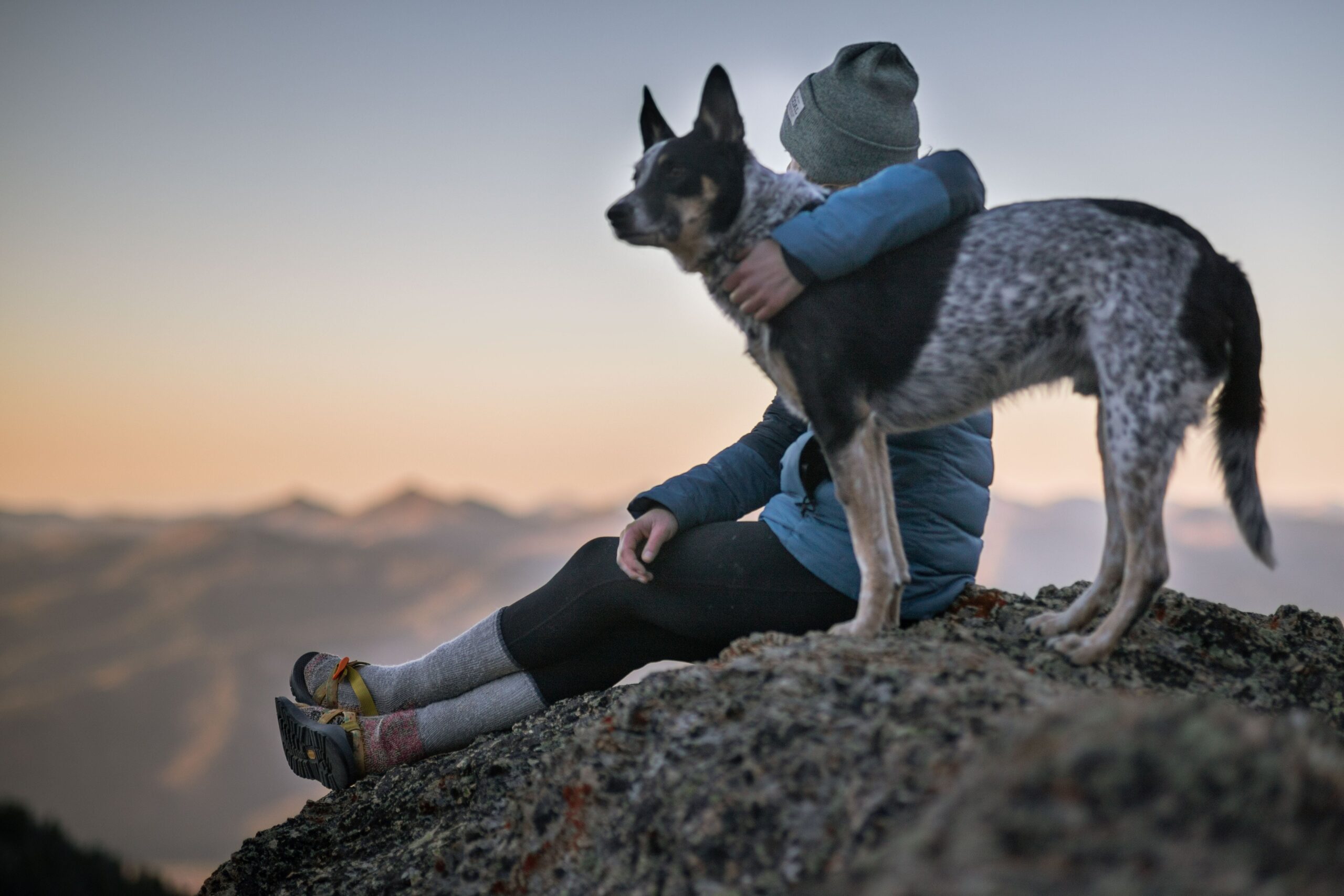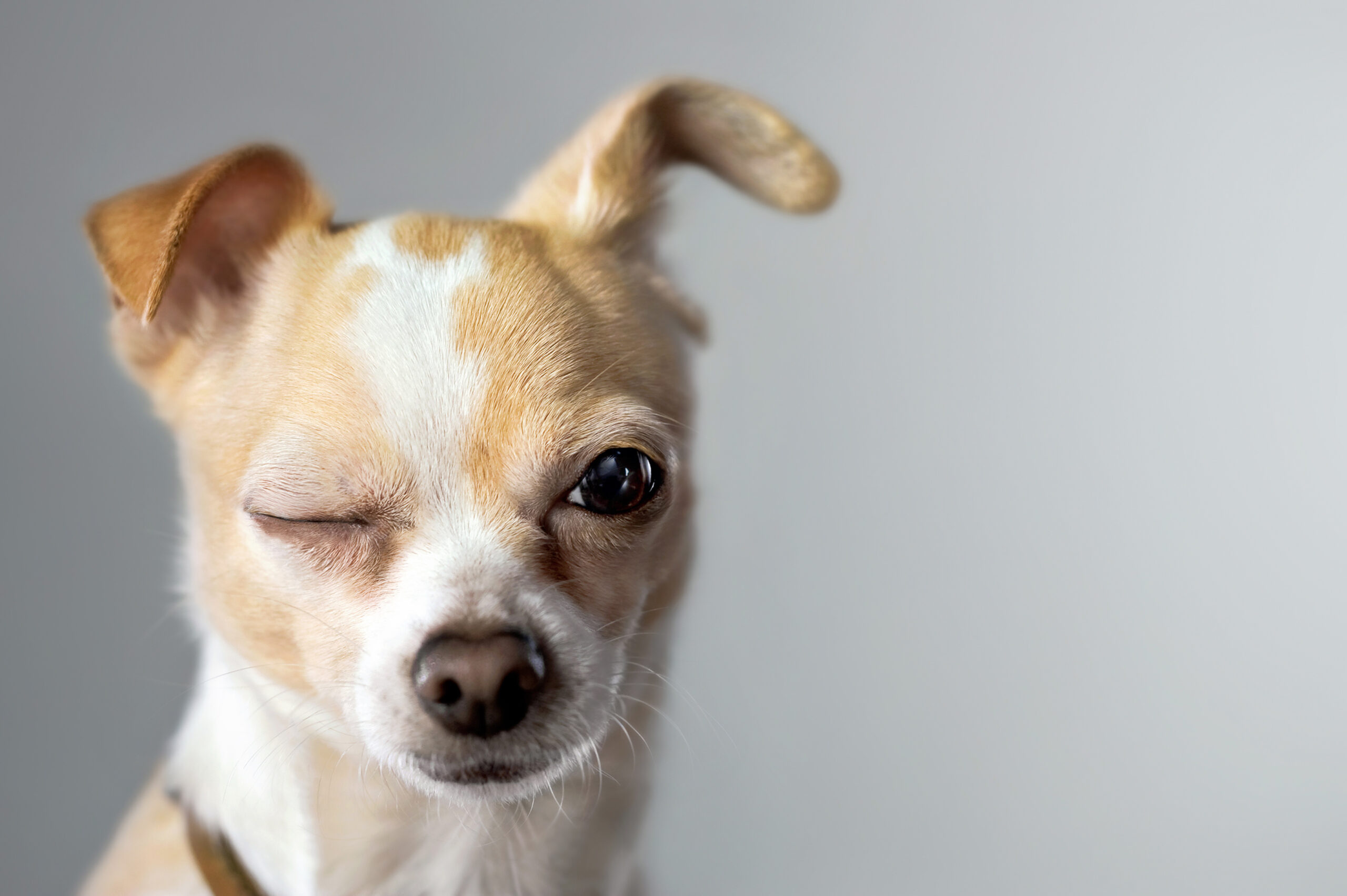Obesity is affecting increasing numbers of our four-legged friends. The latest studies show that as many as 1 pet in 2 may be overweight. Just like humans, extra weight does not just affect their figure, but their health as well! More specifically, obesity can lead to the following problems in dogs and cats.
In dogs:
- Decreased quality of life and life expectancy. On average, the lifespan of overweight pets is 2 years shorter and they are predisposed to heart disease and some types of cancer.
- Osteoarthritis is a direct result of excess weight on the joints.
- A weakened immune system, making pets more susceptible to infections.
- Overweight predisposes the development of a tracheal collapse in dogs of small breeds.
- Heart problems. Although dogs are not at risk of the heart diseases that humans are, excess weight can impact their heart rate and increase their risk of high blood pressure.
- Increased risk of disk herniation. This is even more likely in breeds with a predisposition, such as Teckels.
- Worsening of some diseases such as diabetes, pancreatitis or allergies. Obesity may increase inflammatory processes.
In cats:
- Decreased quality of life and life expectancy, just like dogs.
- Osteoarthritis is a direct result of excess weight on the joints.
- Diabetes. An obese cat may become less sensitive to the effect of insulin and, over time, develop an abnormally high blood sugar level.
- Urinary problems. Obesity has been identified as a risk factor for feline urological syndrome, which causes pain and difficulty urinating in cats who have it.
- Skin problems. Cats which are too fat have difficulty licking some parts of their bodies, especially the base of their backs, to get them really clean. As a result, we can see an accumulation of dandruff and sometimes knots forming.
You can see that these are serious problems that should not be taken lightly. Moreover, for some of these problems, simply losing weight may be the primary treatment. Considering that in most cases, excess weight is related to diet, it may be easier than you think to help them reach their healthy weight. Physical activity also plays an important role in managing the problem and should not be ignored.
To have a sense of what to do if your pet is overweight, here is some practical information on the subject!
Turn to your veterinarian to determine your pet’s healthy weight and together develop a weight loss program to improve your pet’s health and well-being!

